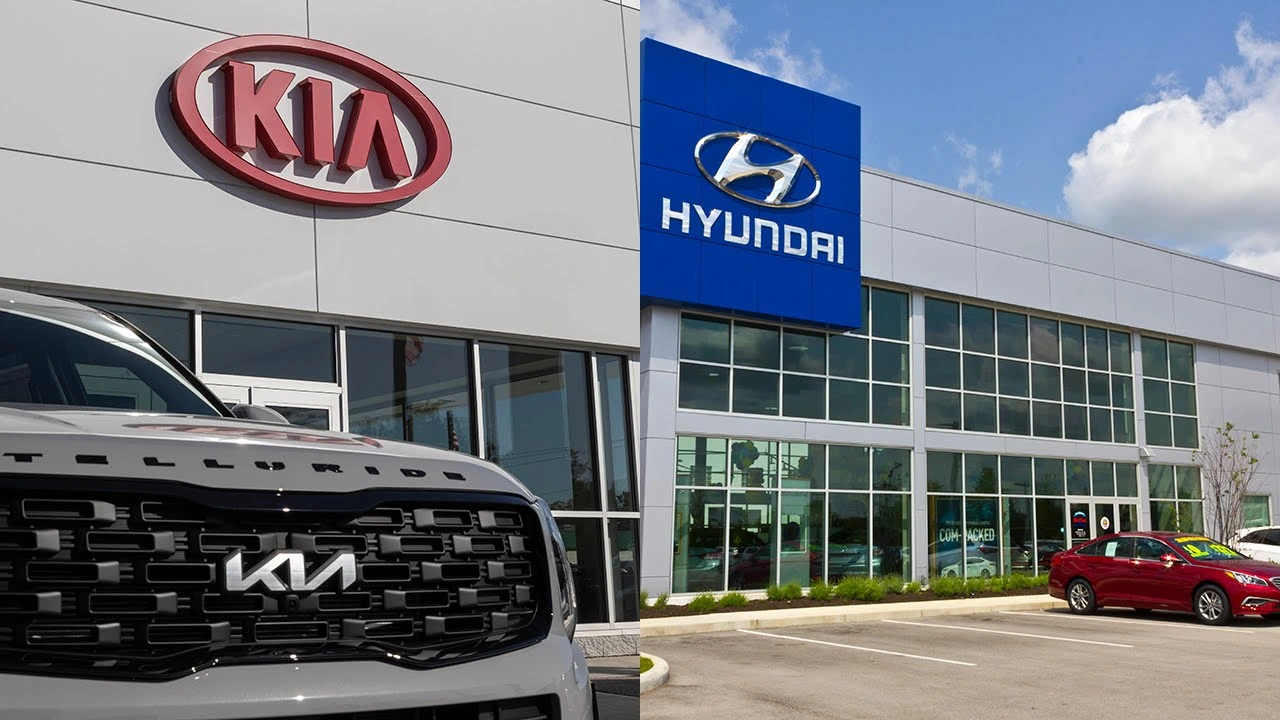Kia and Hyundai are recalling more than 335,000 vehicles in the United States after safety regulators flagged a defect that could cause fuel tanks to melt.
The National Highway Traffic Safety Administration (NHTSA) said pressurized air can build up in the fuel tank, potentially causing it to contact hot exhaust components and melt, creating a fuel leak hazard.
The recall affects roughly 250,547 Kia K5 sedans from model years 2021 through 2024 and 85,043 Hyundai Sonata vehicles from 2020 through 2023, all equipped with 1.6-liter turbocharged engines.
According to NHTSA, the issue stems from a purge control system check valve that can wear down over time. When this valve fails, air pressure can accumulate in the fuel tank, leading to expansion. If the expanded tank touches hot parts of the exhaust system, localized melting could occur.
This is not the first major recall for the two automakers. Hyundai recently recalled over 135,000 vehicles over potential short circuit issues in crashes. In July, Kia recalled more than 300,000 vehicles due to loose door and window parts that could detach while driving.
Automotive safety experts say while the risk is serious, the number of affected vehicles experiencing fuel tank damage remains relatively low.
“The purge control system is critical for controlling vapor pressure,” said Dr. Laura Simons, an automotive safety consultant. “If the valve fails, it can create unexpected pressure in the tank, which is exactly what regulators are concerned about here.”
Kia said dealership technicians will inspect and replace the faulty valves and check the fuel tank for any damage. Hyundai plans similar inspections along with ECU software updates to better monitor tank pressure. Both companies emphasized that repairs will be provided at no cost to owners.
- Kia K5: about 250,547 units affected from 2021 to 2024.
- Hyundai Sonata: roughly 85,043 units affected from 2020 to 2023.
No injuries, fatalities, or fires have been confirmed, although there have been reports of leaking fuel and early signs of tank damage.
Some vehicle owners have already noticed issues. One Kia K5 owner described noticing unusual heat near the rear seat and fuel tank expansion.
A Hyundai Sonata owner reported similar swelling and voiced concerns about potential safety risks. Dealerships are responding proactively.
Robert Jensen, a service manager at a Hyundai dealership in Ohio, said, “Every vehicle flagged by NHTSA will be inspected. If there’s a problem, we replace the valve and check the tank. Customers won’t pay anything for these repairs.”
NHTSA and the automakers expect to begin notifying owners in early 2026. Dealers will perform inspections, replace faulty components, and monitor the fuel tanks for any signs of damage.
Regulators are likely to continue overseeing the recall process to ensure safety and compliance, and automakers may adjust future designs to prevent similar issues in turbocharged vehicles.
Kia and Hyundai’s recall affects over 335,000 vehicles with a rare but potentially serious defect that can cause fuel tanks to expand, melt, and leak.
While no injuries have been reported, automakers are taking proactive measures, offering free repairs, and working closely with regulators to address the safety concern.
